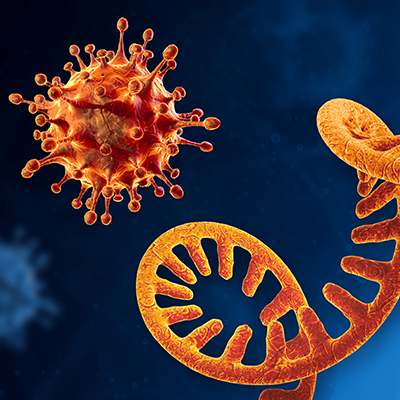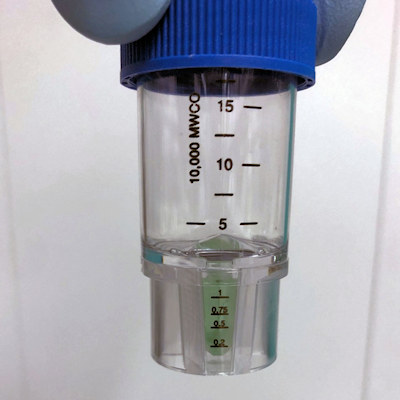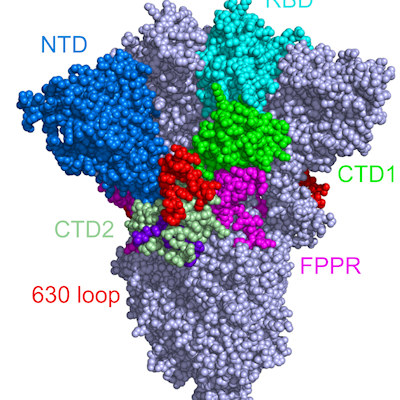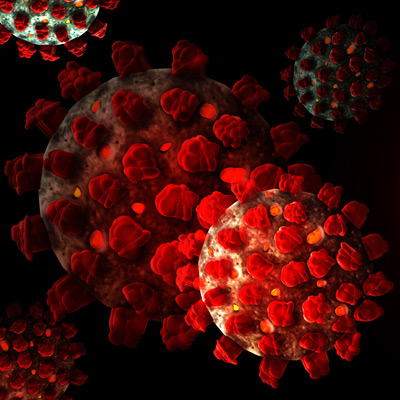July 25, 2022 -- Researchers have demonstrated that the spike protein from the SARS-CoV-2 virus can lead to heart muscle injury through the inflammation process, according to preliminary research to be presented this week at the American Heart Association’s 2022 Basic Cardiovascular Sciences Scientific Sessions.
In their study evaluating mice and human heart cells, they found the SARS-CoV-2 spike protein inflamed the heart muscle cells. Researchers studied the potential ability to cause heart disease of both SARS-CoV-2 spike protein and the NL63 spike protein.
The study's results showed that the SARS-CoV-2 spike protein activated the natural immune response in heart muscle cells and damaged the heart, while the NL63 spike protein did not. The team cloned the SARS-CoV-2 spike protein and the NL63 spike protein into the AAV9 viral vector, which was delivered into lab mice to activate the spike protein in the heart muscle cells.
The AAV9-mediated SARS-CoV-2 spike protein caused heart dysfunction, hypertrophic remodeling, and cardiac inflammation, but the NL63 spike protein did not.
Researchers also observed that the SARS-CoV-2 spike protein made heart muscle cells much larger compared to cells without either spike protein, using lab testing of heart cells cultured in dishes. Their study also examined a heart biopsy from a deceased patient with inflammation due to COVID-19 in which they detected the SARS-CoV-2 spike protein and TLR4 protein in both heart muscle cells and other cell types. However, these two proteins were absent in a biopsy of a healthy human heart.
"That means once the heart is infected with SARS-CoV-2, it will activate the TLR4 signaling," Zhiqiang Lin, PhD, lead author of the study and an assistant professor at the Masonic Medical Research Institute, said in a statement. "Besides directly damaging the heart muscle cells, the spike protein itself is very inflammatory and may cause systemic inflammation that indirectly causes heart problems."
SARS-CoV-2 initiates its infection to the human body via the interaction of its spike protein with the human angiotensin-converting enzyme 2 (ACE2), an enzyme that controls blood pressure. The infection may impair ACE2 function, which in turn leads to blood pressure increase and injury to the heart, according to Lin, who said the study provides two pieces of evidence that the SARS-CoV-2 spike protein does not need ACE2 to injure the heart.
"First, we found that the SARS-CoV-2 spike protein injured the heart of lab mice. Different from ACE2 in humans, ACE2 in mice does not interact with SARS-CoV-2 spike protein, therefore, SARS-CoV-2 spike protein did not injure the heart by directly disrupting ACE2 function. Second, although both the SARS-CoV-2 and NL63 coronaviruses use ACE2 as a receptor to infect cells, only the SARS-CoV-2 spike protein interacted with TLR4 and inflamed the heart muscle cells. Therefore, our study presents a novel, ACE2-independent pathological role of the SARS-CoV-2 spike protein," Lin said.
Copyright © 2022 scienceboard.net
Last Updated 7/29/2022 12:58:08 PM




